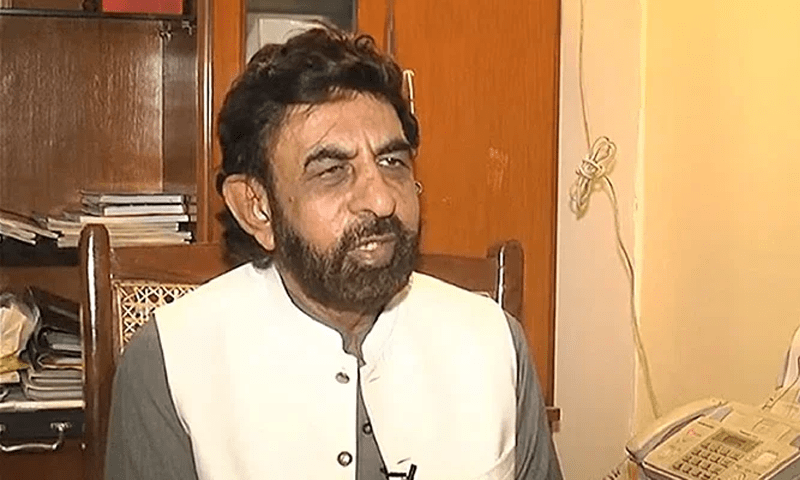Despite heightened geopolitical tensions with India, Pakistan’s currency market remains resilient, thanks to a steady influx of foreign exchange and confidence among traders and stakeholders.
The open market shows no signs of panic, and the exchange rate for the Pakistani rupee continues to hold firm, underscoring the country’s growing monetary stability.
Speaking to the media, Malik Bostan, Chairperson of the Exchange Companies Association of Pakistan (ECAP), revealed that foreign exchange firms are consistently supplying $25 million daily to the interbank market, ensuring liquidity and stability.
In a show of confidence, these companies have offered to provide up to $1 billion per month in emergency support if needed.
This steady performance comes even after reports of 25 Indian drones being shot down by Pakistani forces, an incident that might have shaken investor confidence under normal circumstances.
However, Malik Bostan assured the public that there is currently no unusual demand for the US dollar in the open market, and exchange firms report smooth operations without disruption.
Bostan further noted that once international flight operations resume, the flow of foreign currency is expected to rise, boosting reserves and inflows.
Read More: Sindh Orders Action Against Restaurants Rejecting Card Payments
Over the last two years, the State Bank of Pakistan has acquired $9 billion to reinforce the rupee, while exchange companies contributed another $6 billion to the interbank system in just the past year — a significant reinforcement for the financial system.
Highlighting the potential for even greater inflows, Bostan suggested that if regulatory support improves, monthly remittances could jump from $4 billion to $8 billion.
He also pointed out that the actual value of the dollar is closer to Rs. 250, but pressures from international lenders like the IMF and exporter lobbies are preventing the adjustment.
In a strategic move, the government plans to bring exchange companies into the Pakistan Remittance Initiative (PRI) framework.
This integration aims to boost formal remittance channels and reduce reliance on informal methods, further strengthening Pakistan’s economic outlook.









